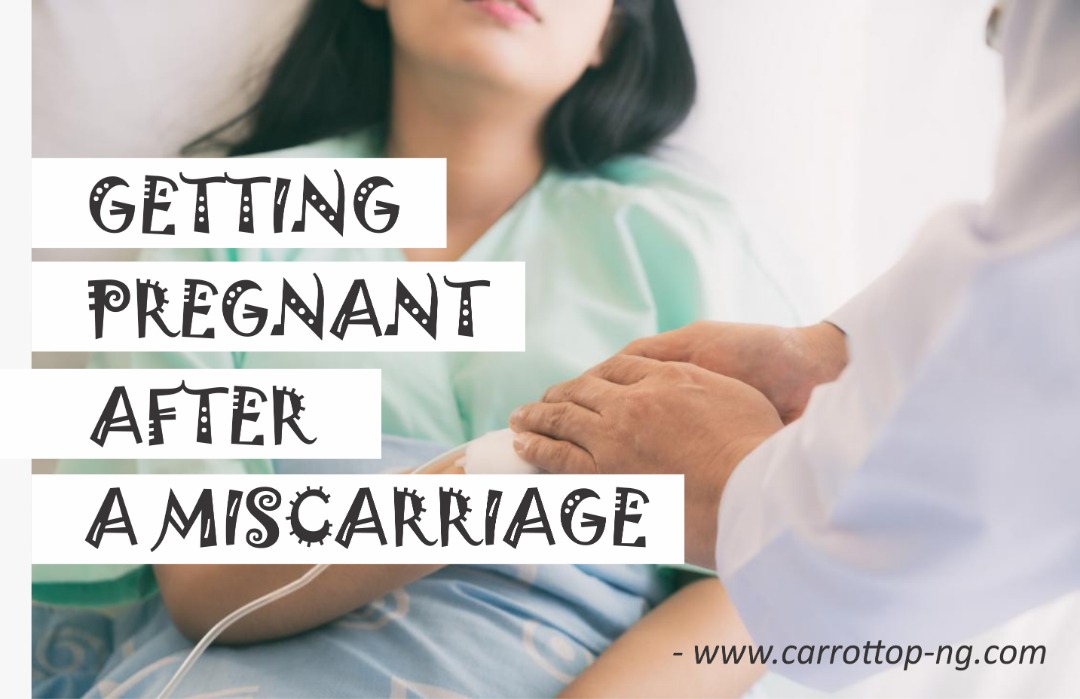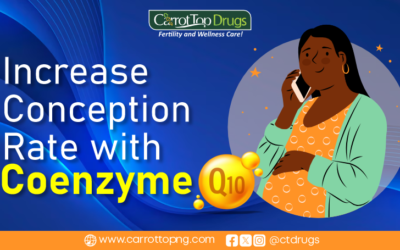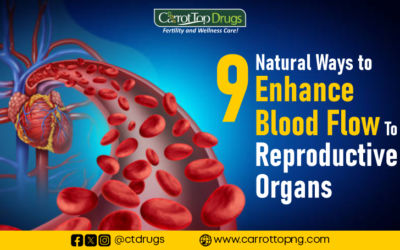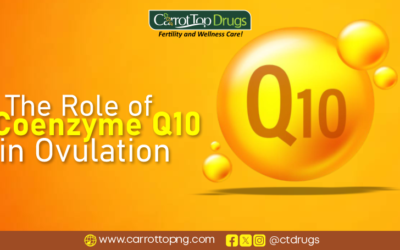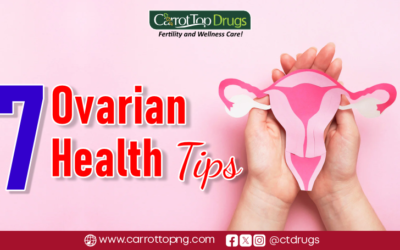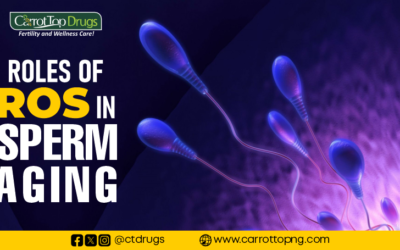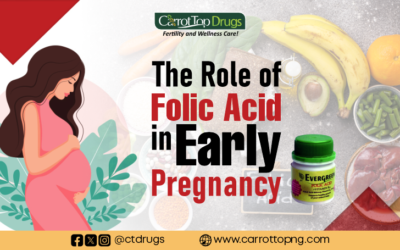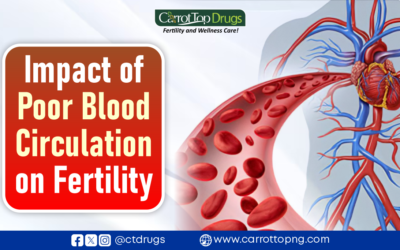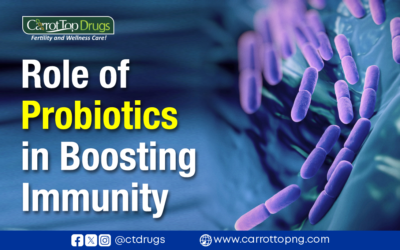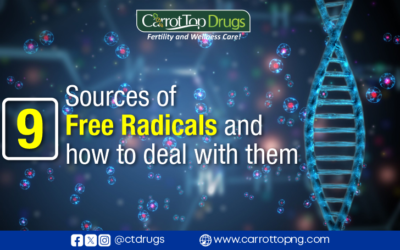GETTING PREGNANT AFTER A MISCARRIAGE – THE TO-DOs
After a miscarriage, most women tend to feel lost, guilty and sometimes insecure about their ability to get pregnant.
Now, a lot of people have associated miscarriage with their village people, a medical issue they can’t explain, something they didn’t do right, etc.
What if a miscarriage is a blessing, maybe in disguise?
A miscarriage might actually be doing you more good than the harm you’re thinking?
What if you’re one step away from getting the baby of your dreams due to this loss?
While you’re probably thinking…Is this a motivational post?…lol, it’s actually not a motivational post but its good to douse the tension surrounding the dreaded experience women shy away from.
A woman has a higher risk of miscarriage if she:
- Is over age 35
- Has certain diseases, such as diabetes or thyroid problems
- Has had three or more miscarriages
You can get pregnant after a miscarriage, in fact, it has been reported that about 85% of women got pregnant after a miscarriage.
What is a Miscarriage?
A miscarriage is the loss of a pregnancy (the loss of a growing embryo or fetus before it’s developed enough to survive).
A miscarriage usually happens in the first 3 months of pregnancy, before 12 weeks’ gestation.
Why do Miscarriages Happen?
- Genetic conditions: whereby your body antagonizes the fetus and this leads to miscarriage.
- Stress: physical, emotional and psychological stress can contribute to a miscarriage.
- Uterine and cervical conditions: affect the fetus especially when there has been a medical condition.
- Alcohol: affects a woman, not only when she’s trying to conceive, but it could also pose a threat to her growing baby.
- Infection: could affect the cervix and this could pose a huge threat to the development of the fetus.
- History of miscarriage: If you’ve had a miscarriage before, there’s a higher chance you might have another miscarriage except you take preventive measures.
The Do’s and Dont’s After a Miscarriage
- Food: While you’re recovering from the blood and fluid loss after a miscarriage, you have to be intentional about the food you eat and the fluids you take.
Food Do’s
Eat foods rich in
Iron – fish, green vegetables, chicken, seafood and brown rice
Calcium – dark green leafy vegetables, fish like sardines, salmon, and dry fruits. Grilled fish.
Folate – dark green leafy vegetables like spinach, kale, and lettuce
Protein – beans, eggs, lean meats, seafood, milk, cheese, yogurt, and poultry.
Nuts – Nuts are rich in vitamin E, iron, magnesium, folate, omega-6, and omega-3 fatty acids…tiger nuts, groundnut, cashews, and walnuts
Fruits and Vegetables – Take fruits rich in Vitamin C
Food Dont’s
Avoid foods such as
Junks
Sweets
Diary, meat with high fat e.g pork, cheese
- Rest: Resting after a miscarriage depends on some factors such as – how far gone you were before the miscarriage, your physical strength, and your emotional state.
This is when you need a strong support system, allow yourself and your partner grief, accept the love and affection shown to you by your family and friends and
While there’s no one way to rest after a miscarriage, ensure that you’re not only physically rested, you’re emotionally and mentally ready to take on your day-to-day activities.
Some healthcare practitioners have advised waiting for 3 months before trying for a baby, if you feel like you’re not ready to even after 3 months, you don’t have to put yourself under pressure.
Be patient with yourself, you’ll be fine.
- Sex: On the physical side, many doctors suggest waiting to have sex until the bleeding from the miscarriage has stopped and the woman has had at least one normal menstrual period. Others recommend that couples wait six weeks or more, especially if the pregnancy was longer or if there were complications during a miscarriage.
After a miscarriage, the uterus and cervix stay partially dilated, which makes these organs more prone to infection until they completely heal.
To reduce this risk, women are usually advised not to insert anything into the vagina, such as tampons, for two weeks. It also means that couples should wait this long before having vaginal intercourse.
Some women may need to wait until all of the pregnancy/fetal tissue has been removed. This tissue may pass on its own within a few weeks. A doctor may prescribe medication to help the process along. Surgical removal (using D&C) is another option.
Also Read: Trying to Conceive? 6 Effective Positions that will increase your chances of getting pregnant
Quick Tips to Get Pregnant After a Miscarriage
1. Talk to your Doctor; go for tests, use recommended drugs and share your progress with him/her.
2. Start having sex only when you’re ready, this could be the recommended 6 weeks or more depending on how you feel.
Remember, it’s your body and you need it to heal before trying to conceive again.
3. Use fertility supplements that increase your healing process and ability to get pregnant faster. Fertility supplements that contain Folic Acid help to fortify your fetus against developmental abnormalities, this in turn
4. Protect yourself from infection
5. Take your time to recover and receive support from your spouse, family, and friends
Usually, a miscarriage cannot be prevented and often occurs because the developing fetus is not normal.
Lastly, it is not your fault that you had a miscarriage, it’s your body desiring a better fetus for you.
Need to speak with our in-house Medical Personnel? WhatsApp 08173658113

